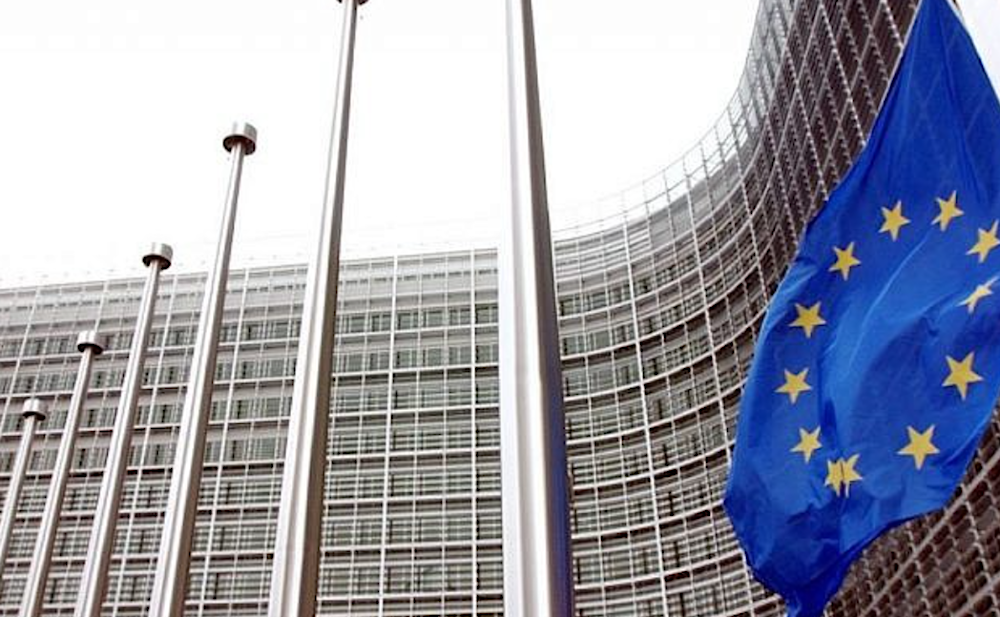EU parliament approves pending commissioner nominees
The result of seven nominations was delayed for more than a week by political bickering between important political adversaries, the EPP and the S&D.
-

The European Union flag flies outside of the EU headquarters in Brussels. (Undated, AP)
The European Parliament has decided to approve all seven outstanding European commissioner nominations, putting an end to weeks of gridlock among the EU's political groups over the composition of the next Commission, four Parliament and political officials told Politico.
With this approval, Ursula von der Leyen’s new team is set to take office on December 1.
The result of those seven nominations was delayed for more than a week by political bickering between important political adversaries, the center-right European People's Party (EPP) and the Socialists and Democrats (S&D), following the hearings from November 4 to November 12.
The deadlock stalled the screening process for six executive vice presidents Kaja Kallas, Raffaele Fitto, Roxana Mînzatu, Stéphane Séjourné, Teresa Ribera, and Henna Virkkunen, as well as Olivér Várhelyi of Hungary.
The S&D was disappointed that Italy's right-wing nominee Fitto was given a high position, while EPP legislators questioned the fitness of Spain's choice, Ribera.
EU makes about-face, now denying major Russian meddling in elections
Last month, EU Commissioner Vera Jourova acknowledged that despite the bloc's previous claims of Russian meddling and threats of sanctions against Moscow, Brussels did not detect any significant instances of interference in the June 2024 European Parliament elections.
In May, the European Parliament labeled Russia as the primary source of "foreign interference and disinformation" within the EU, calling for increased sanctions and stricter censorship.
As Vice President for Values and Transparency at the European Commission, Jourova was responsible for ensuring the integrity of the elections against alleged external influence.
“Based on currently available information, no major information interference operation capable of disrupting the elections was recorded,” she confirmed in her October 10 report on the elections, a statement she reiterated to reporters following a General Affairs Council meeting in Luxembourg.
However, Jourova repeated allegations that "Kremlin propaganda and other malicious actors" continue to pose a threat to the EU through the spread of "disinformation", artificial intelligence (AI), and cyber-attacks.
She cited claims from EU fact-checkers that there had been a surge in disinformation roughly two weeks before the elections.
The EU Commissioner mentioned that these circulated narratives focused on “topics that trigger a strong emotional impact – the war in Ukraine and the Middle East, false narratives on climate change, and migrants.”

 3 Min Read
3 Min Read








